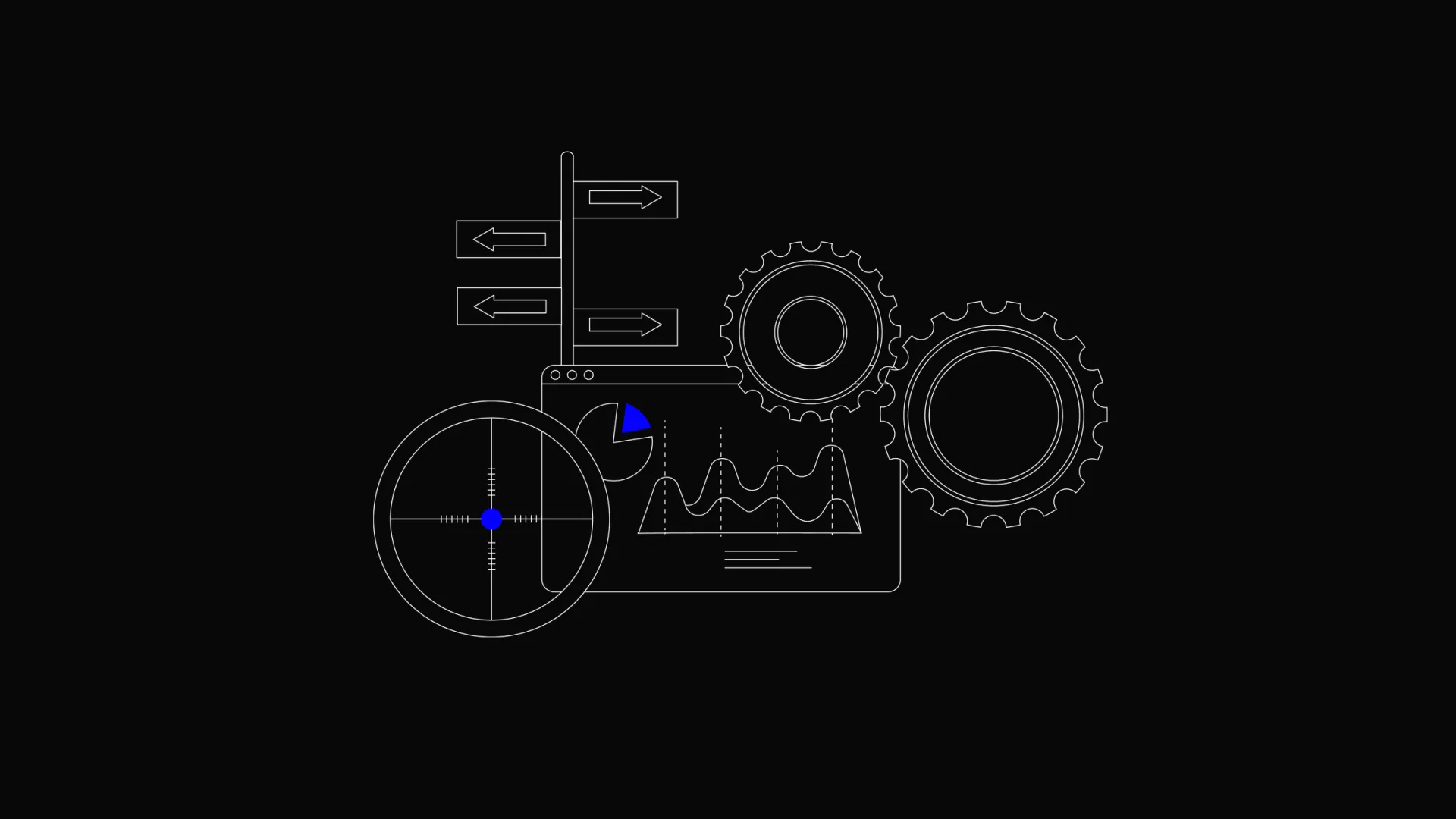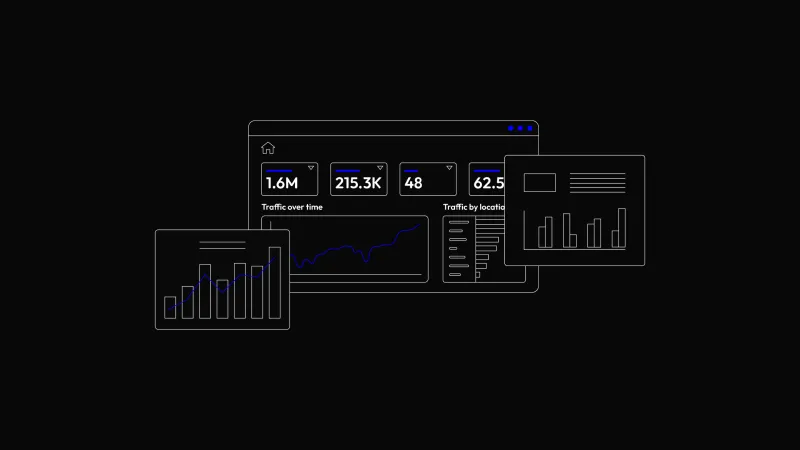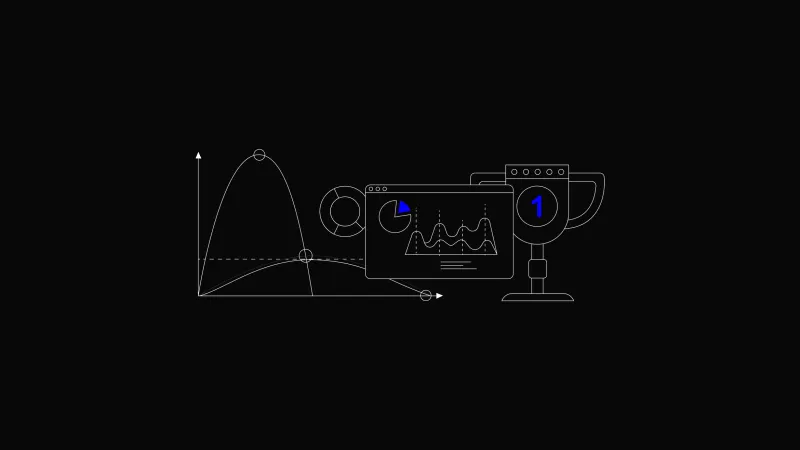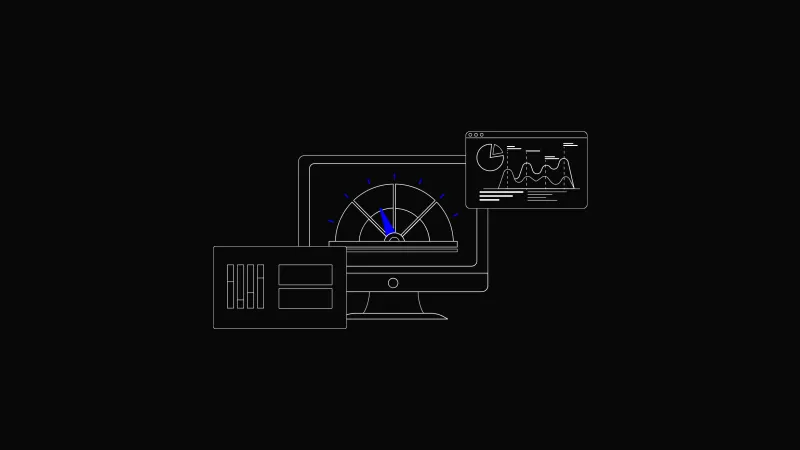What Are The Differences Between Business Analytics, Business Intelligence (BI) and Business Intelligence Analytics?

All these three concepts are three concepts that are very similar but can have fundamental differences.
Business analytics and business intelligence are closely related but distinct concepts often used interchangeably. Business analytics involves analyzing data to gain insights into business performance and make data-driven decisions. On the other hand, business intelligence refers to the technologies and tools used to gather, store, analyze, and present data to support business decision-making.
Business intelligence analytics combines the technologies and tools of business intelligence with the advanced analytics techniques of business analytics. It involves using advanced analytics tools and techniques to analyze data from various sources, including business intelligence systems, to gain insights into business performance and make data-driven decisions.
What Are The Main Differences?
To better understand the distinctions between these three concepts, we can highlight the following differences:
Focus: Business intelligence focuses on the collection, organization, and presentation of data, while business analytics focuses on the analysis and interpretation of data to gain insights and make informed decisions.
Scope: Business intelligence typically focuses on historical data, while business analytics is more forward-looking and often involves predictive modeling.
Tools and techniques: Business intelligence relies on tools such as dashboards, reporting, and data visualization, while business analytics involves advanced statistical and analytical tools such as predictive modeling, data mining, and machine learning.
Decision-making: Business intelligence is primarily used to support operational and strategic decision-making, while business analytics is often used to support strategic decision-making by providing insights into future trends and opportunities.

Conclusion:
In conclusion, while business intelligence focuses on collecting and presenting data, business analytics involves using advanced analytics tools to gain insights and make data-driven decisions. Business intelligence analytics combines both approaches to provide a comprehensive view of business performance and support strategic decision-making.
Authors:
Tomas Kavicky
Identification & Valuation Manager and a huge fan of Data Science, BI, MS Power Platform, and Six Sigma Principles,
Lukas Lani
Project Manager, technically based, open-thinking with strong analytical skills.
_____________________________________



